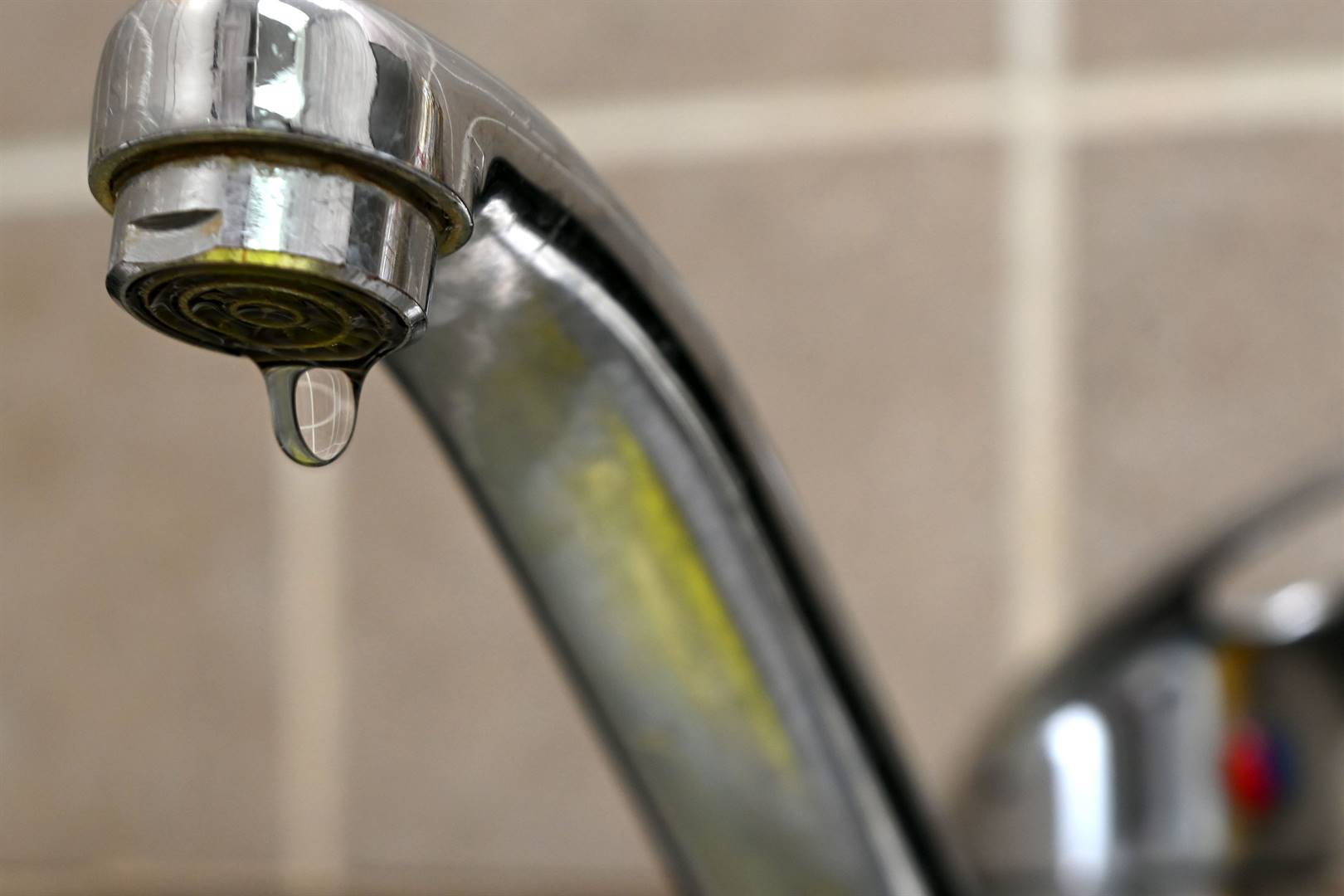
Epidemiologist for the National Institute for Communicable Diseases Husna Ismail has voiced concern about hospital patients suffering from diabetes, renal failure and malignancies, saying they were at risk of getting infections because of water scarcity in the country.
Ismail said power outages were leading to water shortages in most public healthcare facilities.
While speaking with Conversation Africa, Ismail unpacked the dangers of clinics and hospitals running out of water, as some parts of the country had been hit by a shortage of water, which also affected public healthcare.
READ: Helen Joseph doctor warns ‘patients will die’ as water crisis grows surgery backlog
This comes as several hospitals had been affected by a shortage of water.
“Patients are at higher risk of getting infections if they have underlying conditions and these include, but are not limited to, diabetes, renal failure and malignancies. Long stays in hospital, surgical or invasive procedures, insertion of medical devices, intravenous tubing and artificial joint replacement also pose a risk,” Ismail explained.
She said patients may develop an infection caused by a microorganism with emerging antimicrobial resistance while on antimicrobial treatment or had been treated a few months to a year before, which made individuals with antimicrobial resistance less able to fight infection.
Ismail said:
She added delivery of quality healthcare should take place in a hygienically clean and safe environment which must have an adequate supply of clean running water and good sanitation for both patients and staff.
“Those solutions must also be maintained properly to avoid contamination and subsequent infection of patients.”
READ: Helen Joseph Hospital water outage threatens lives of dialysis patients
According to the World Health Organization, in low- and middle-income countries, such as South Africa, an estimated 15 out of every 100 patients in hospitals would get an infection. The organisation said these infections were not present at the time of admission but appeared shortly after discharge.
The organisation said that healthcare-associated infections were a significant cause of illness and death in hospitals.




 Publications
Publications
 Partners
Partners









